Children all over the United States are interviewed daily to investigate reports of child abuse or neglect. These interviews are generally conducted spontaneously at the child’s school by a social worker from a child protective agency who often has minimal training in interview techniques. The child’s statements are written down by the caseworker with no witnesses or accountability for accuracy of reporting. Though many CPS caseworkers are well-meaning, it is also a fact that child predators seek employment opportunities close to their intended victims – children. This is why schools, church Sunday schools, and yes, even CPS need rigorous accountability measures to ensure the safety of those they seek to protect. The accuracy, accountability, and efficiency of these important interviews could be substantially improved if interviews were recorded. There are almost no defenses for children or innocent parents if the conversations are not recorded. In an era of wide-spread sex trafficking in the foster care system and a high tolerance in the legal system for children living with fathers convicted of domestic violence, all interviews of children by child protective services should be recorded.
The epidemic of sex trafficking and abuse in foster homes has become so problematic that states such as New Jersey conducted a study to examine the many reports of abuse in the foster care system. 60% of human trafficking victims in the U.S. were involved in the foster care system at one time, and CPS is the gatekeeper to the foster care system. One of the primary recommendations in their report was strengthening the documentation process. What better documentation than audio or video recordings? This is why interview recordings are considered standard best practices at child advocacy centers nationwide. The Department of Justice has also required mandatory recordings of all interrogations for the past five years, and it is common for many state law enforcement agencies to require body cameras. A similar accountability measure is long overdue in child welfare. Recordings ensure the integrity of the interview and also prevent the unnecessary trauma of repeat interviews.
Here are a few solutions TAF is recommending to the federal government:
• If child welfare agencies receive federal funding, then there should be accountability measures attached to this funding. If a state receives federal money, then they should be required to have audio recordings of all interviews with the child and parents as well as video recordings if the living conditions of the child are in question.
• These recordings should then be evaluated by federal law enforcement prior to the child being placed into foster care or adopted, and federal law enforcement should be part of the accountability process.
• These recordings should be part of broader quality assurance measures for accountability, accuracy, and transparency. These quality assurance measures should include mandatory federal training of all caseworkers conducting interviews because children can be easily manipulated and led to supply certain answers which do not present an accurate picture of the situation if the questioning is not conducted properly.
• Finally, CPS should be held financially accountable for failing to comply to recording standards by compensating parents and caregivers if they do not record interviews with the children because the potential for unnecessary trauma, pain, and legal fees often result from multiple interviews to the child.
It’s time to protect children and their stories. It’s time to give a microphone to those whose voices have been silenced and filtered for too long.


